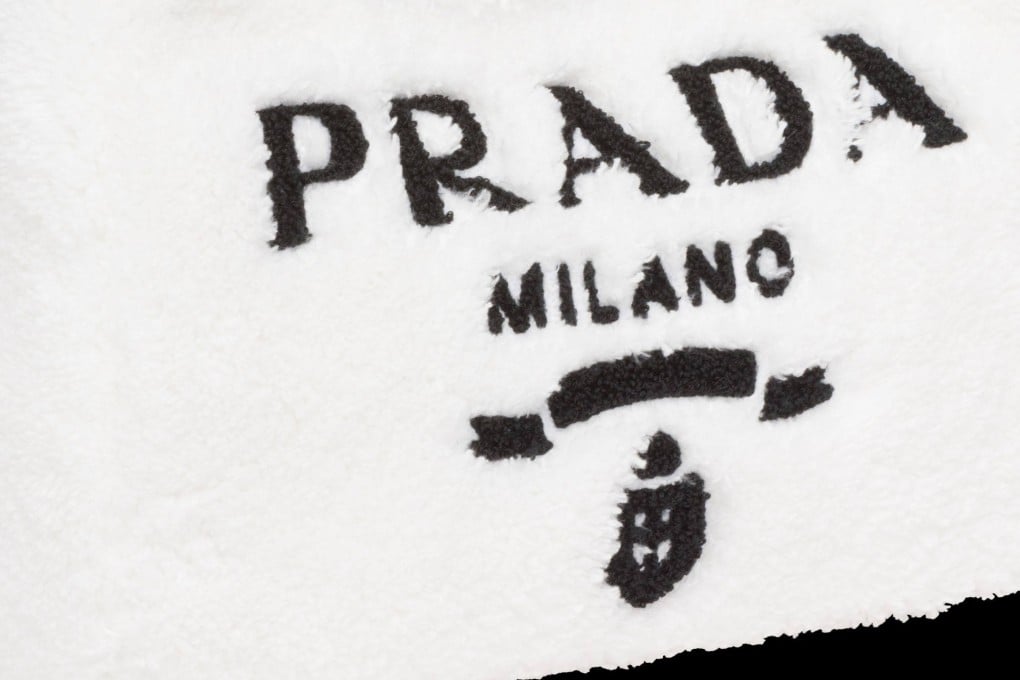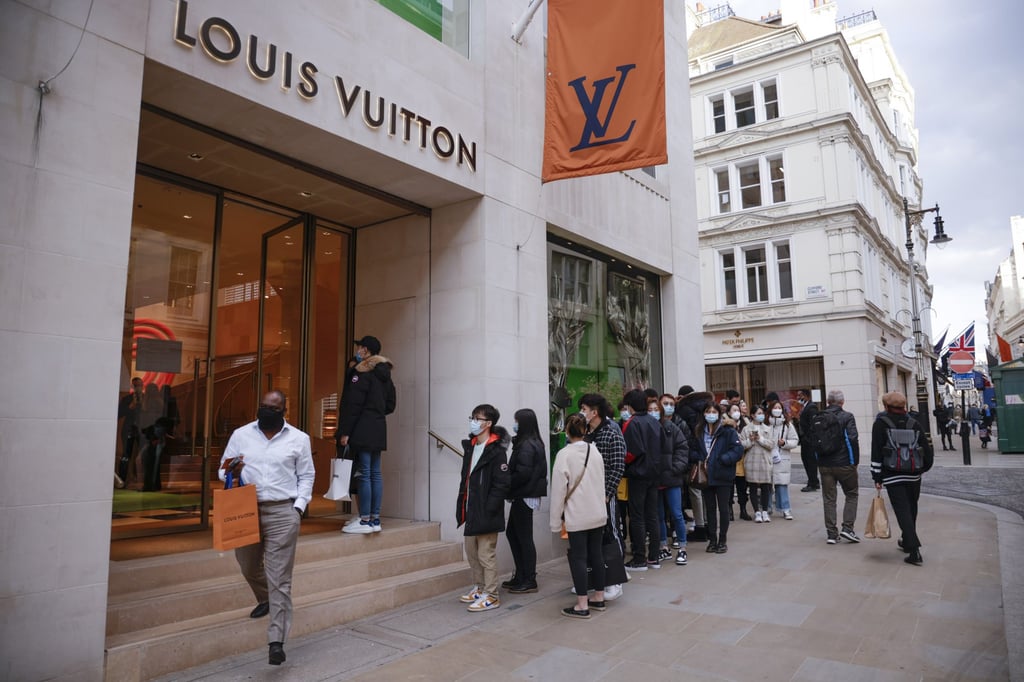Blockchain explored by Louis Vuitton, Prada and Cartier to fight counterfeiters by guaranteeing the authenticity of luxury fashion items
- Luxury fashion labels see blockchain technology, which cannot be hacked, as offering clients an additional guarantee of authenticity
- With the market in fake goods worth nearly US$1 trillion a year, blockchain could help with luxury product returns, and boost second-hand and auction sales

LVMH, Cartier and Prada are joining forces to offer a blockchain solution for their customers seeking an extra seal of authenticity for the goods they’re buying.
The alliance of the world’s largest luxury-goods makers plans to make a blockchain-enabled solution available to all luxury brands to provide shoppers with assurance what they’re buying is authentic, the companies said in a joint statement. It will also make the products traceable in a transparent way.
Blockchain technology is a digital way to certify a transaction by providing an encrypted certificate of guarantee, LVMH managing director Antonio Belloni said in an interview. Such certificates have long existed in the industry, but blockchain’s reputation as a so far unhackable tool means this project, called Aura Blockchain, may work better.

At stake for luxury brands are billions of dollars worth of revenue lost to counterfeits. The global trade in counterfeits will hit US$991 billion by 2022, almost double the level of 2013, according to research firm Frontier Economics. That estimate includes luxury goods, consumer products and other categories including pharmaceuticals.
“It’s something simple but it means the trust between the two parties is enhanced,” Vigneron said. He added that auction houses might be interested in using such products when they sell fine art.